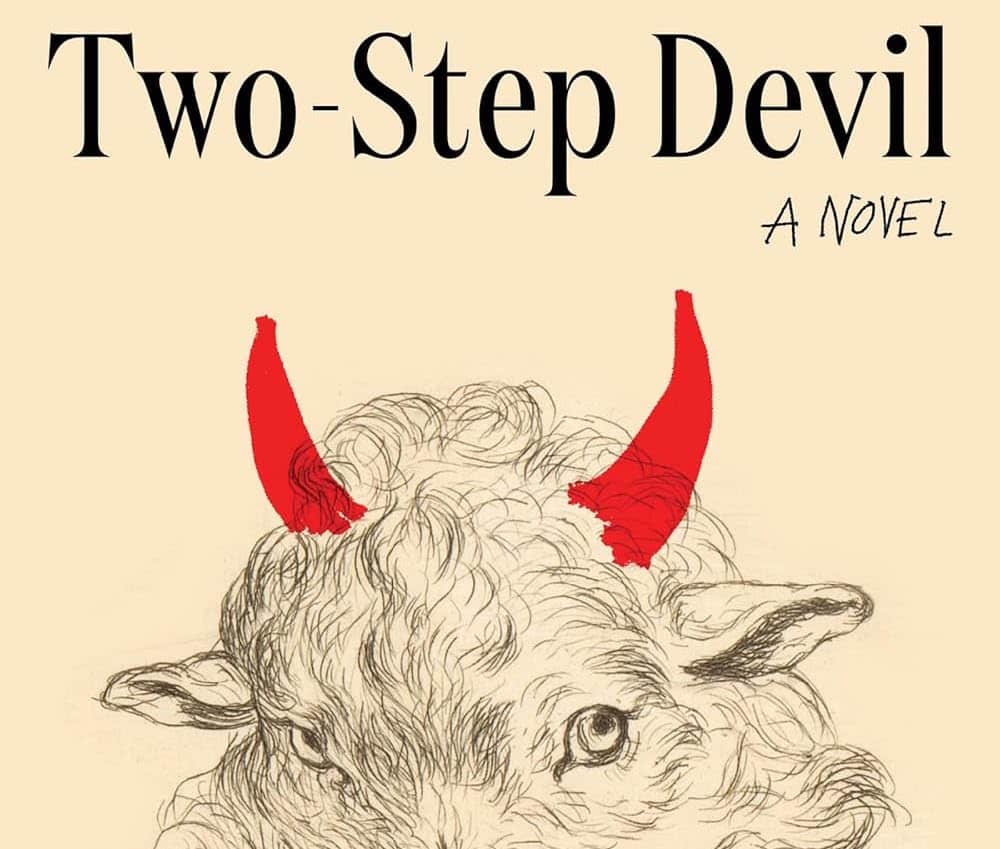Although her fiction was jarring and memorable, Flannery O’Connor’s nonfiction is also rich: replete with sharp insights about culture and craft. In her 1957 essay <em>The Fiction Writer and His Country</em>, O’Connor affirmed: “The novelist with Christian concerns will find in modern life distortions which are repugnant to him, and his problem will be to make these appear as distortions to an audience which is used to seeing them as natural.” When writing for like-minded audiences, the Christian novelist might “relax a little” and “use more normal means”. Often, though, the writer of faith must use “more violent means” of narrative: “you have to make your vision apparent by shock – to the hard of hearing you shout, and for the almost-blind you draw large and startling figures”.
The first test case of a novelist or poet’s criticism is, of course, their own work. O’Connor’s fiction is often startling. Her street preachers and country prophets are literalists, but not mere caricatures; in stories like <em>Parker’s Back</em> we discover that their fears often arise from theological misunderstandings, like when Sarah Ruth mistakes iconography for idolatry. O’Connor, a Catholic in America’s Protestant South, could be playful with her characters, but she was always perceptive.
What is less discussed about O’Connor, though, was her distaste for trite devotional literature. Although a regular contributor to diocesan publications, she was sceptical of church-lobby fiction: unskilled works whose pretensions toward piety masked emotional and theological simplicity.
The American short-story writer and novelist Jamie Quatro has been compared to O’Connor, and for good reason: both write complex, God-haunted stories of the American South. Yet Quatro is a Southerner via first the American Southwest (California and Arizona before Georgia and Tennessee). She comes from the Protestant tradition, is a recent Episcopalian convert, and has academic training in literary history and theology – including doctoral work at Princeton. Like O’Connor, Quatro laments the simplification of the “Christian writer”. Appropriately enough, she quotes O’Connor: believing that she is also a writer “operating at that peculiar crossroads where time and place and eternity meet”. Quatro’s new novel, <em>Two-Step Devil</em>, captures the need for religiously-informed fiction to “shout” to readers, and Quatro shouts with skill.
In the novel’s first scene, a man named Winston (who is called the Prophet) brings his pregnant wife to a local midwife suffering from fever and cramps. The midwife concludes: “The child’s wrong-way up. You all need to get down to the hospital.” The Prophet has to drive there, yet he hasn’t been behind the wheel for 10 years: “But the Prophet found it was nothing to drive again, nothing at all, a kind of flying, natural, the tyres barely touching asphalt.” The description is juxtaposed with the revelation that there has been a stillbirth. Afterwards, the Prophet has an intricate cosmological vision. These visions always start with a movie screen dropping in front of him, and unfold in elaborate tongues that would make O’Connor proud. Quatro has a preternatural ability to capture Pentecostal diction. When she includes an epigraph from Gerard Manley Hopkins’s <em>The Starlight Night</em> – “Look at the stars, look up at the skies! / O look at all the fire-folk sitting in the air! / The bright boroughs, the circle-citadels there!” – she seems to posit that the exclamatory and the ecstatic arise from a common fount.
The novel’s plot truly begins when the Prophet sees a young woman in a car held against her will; what follows is certainly the most theological thriller in recent memory. The Prophet is torn between salvific tendencies and his own sense of grandeur. “Let me be your thief,” he prays to God, “let me capture her, not for greed or any tainted purpose. To care for her as a father cares for his children.” In the next breath, though, he wonders if he might be “a major prophet like Ezekiel with his visions,” or “a minor prophet like Hosea rescuing Gomer”.
He takes matters in his own – purportedly holy – hands, and dramatically rescues the woman from her captors. Quatro describes their departure in vivid prose: “In the brief lights of small towns he kept glancing at the girl. He noticed a ring of stars tattooed just below her ear, which had hoops and beads going up the side. The Prophet didn’t like tattoos or piercings but he did like stars. When God looked down at the planet, he was seeing what people saw when they looked up: darkness, with a few brave lights trembling here and there. The darkness was evil and the lights were God’s children staking a claim.”
We learn that she is only 15 years old, and her name is Michael. The Prophet notes: “King David has a wife named Michael.” He sees her as the deliverer of his apocalyptic vision, and schemes for her to bring his prophecy to Washington, DC, and directly to the president of the United States.
<em>Two-Step Devil</em> affirms the need to shout in a world that simplifies religious belief to mere ideology. Quatro’s talent arises from her ability to capture – in both sense and syntax – a Prophet who “didn’t attend any church”. The novel’s final quarter is full of surprises, both literary and emotional, and culminates in an ending that would be well-praised by O’Connor herself.
<strong><strong>This article appears in the September 2024 edition of the <em>Catholic Herald</em>. To subscribe to our award-winning, thought-provoking magazine and have independent and high-calibre counter-cultural and orthodox Catholic journalism delivered to your door anywhere in the world click <a href="https://catholicherald.co.uk/subscribe/?swcfpc=1"><mark style="background-color:rgba(0, 0, 0, 0)" class="has-inline-color has-vivid-cyan-blue-color">HERE</mark></a></strong></strong>.



